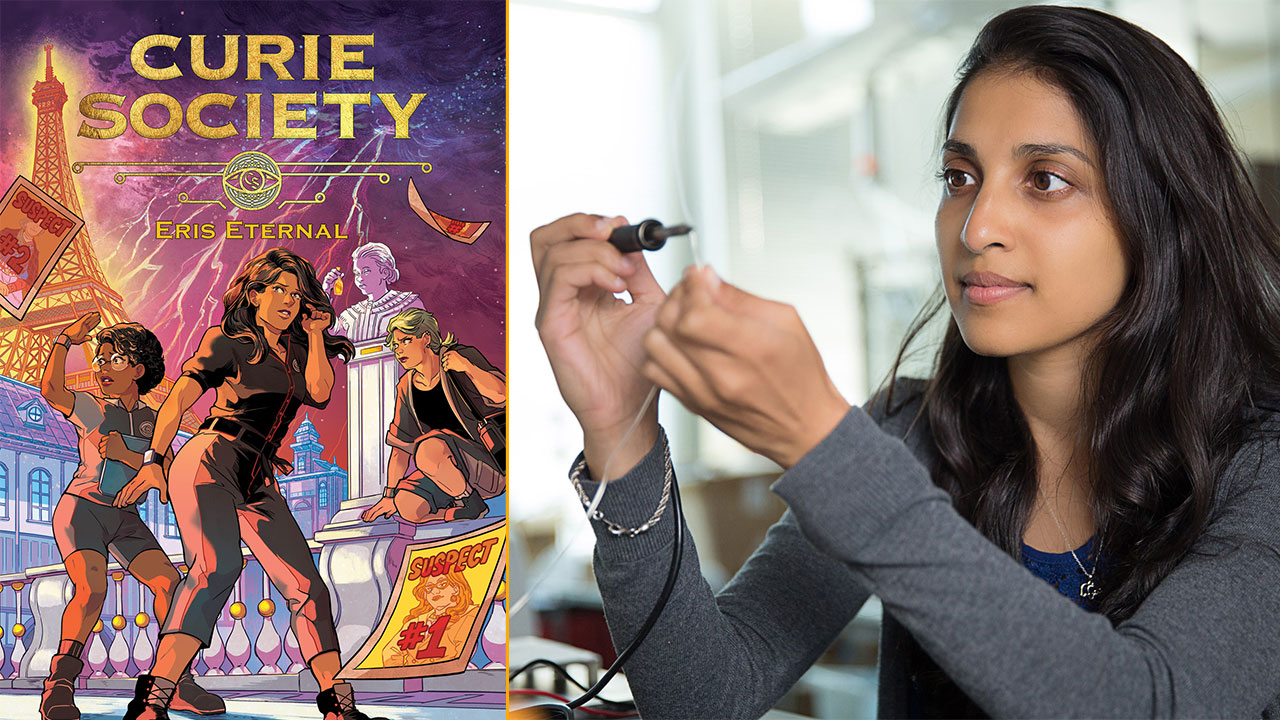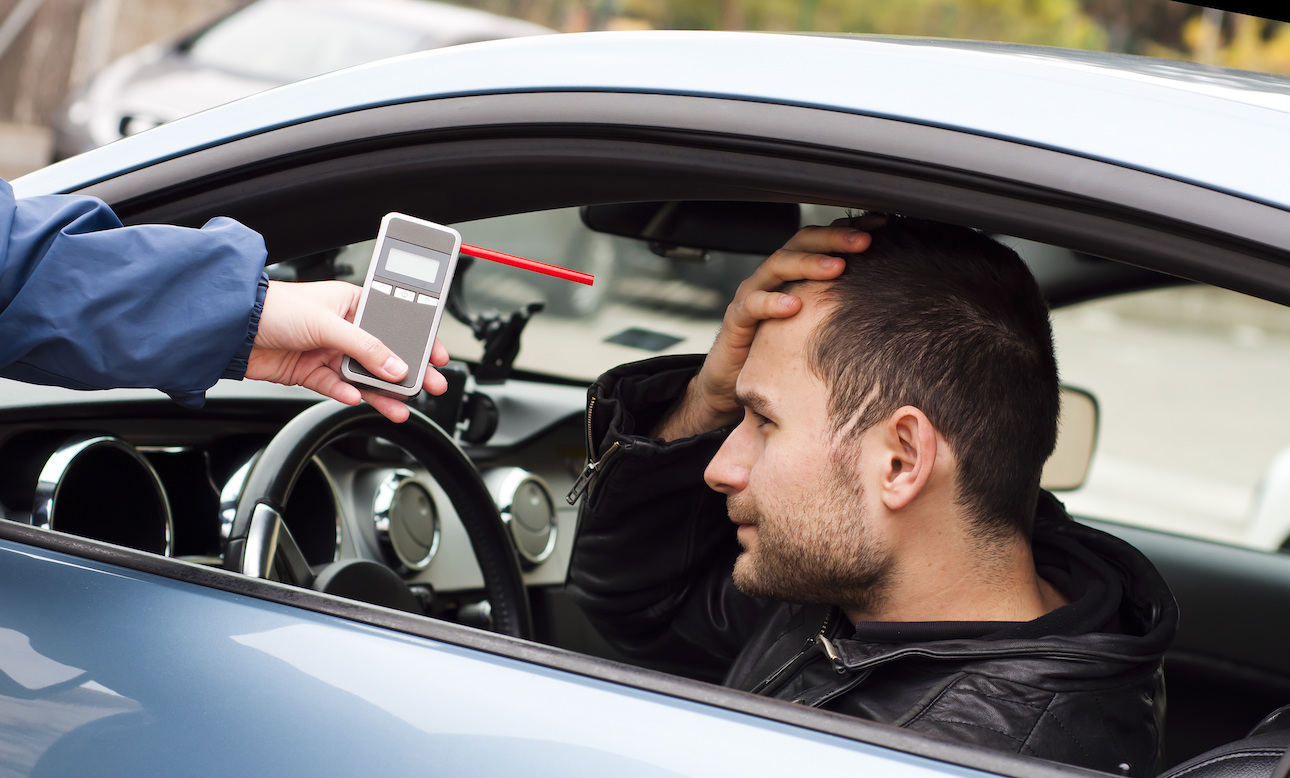Geriatrics, Vol. 9, Pages 52: Effectiveness of Non-Pharmacological Interventions for Dementia among the Elderly: A Randomized Controlled Trial
Geriatrics doi: 10.3390/geriatrics9020052
Authors: Huong Thu Vu Hung Trong Nguyen Anh Trung Nguyen
(1) Background: Up until now, there is still no medicine that can cure dementia, but there are some that can only help slow down the progression of the disease and reduce some symptoms. Pharmacological interventions for dementia have many side effects and are expensive, so non-pharmacological treatments for dementia become more urgent. This study aimed to evaluate the effectiveness of multifactorial non-pharmacological interventions in dementia patients; (2) Methods: This is a randomized controlled trial conducted in Hai Duong from July 2021 to December 2022. Selected subjects included 88 patients diagnosed with very mild, mild, and moderate dementia, of whom 44 patients were assigned to the intervention group and 44 patients to the control group; (3) Results: For the effectiveness of the non-pharmacological multifactorial intervention on depression severity: in the intervention group, the GDS 15 depression score decreased from 4.8 to 2.9, while, in the control group, the GDS 15 depression score increased by 1.3 points after six months of no intervention. For the effect of the non-pharmacological multifactorial intervention on the level of sleep disturbance, in the intervention group, the PSQI sleep disturbance score decreased by nearly half (from 10.2 to 5.6), while, in the control group, this trend was not clear. For the effect of the non-pharmacological multifactorial intervention on daily functioning: in the intervention group, the ADL and IADL scores improved (1.02 ± 1.32 and 1.23 ± 1.75), while, in the control group, the ADL and IADL scores decreased (0.93 ± 1.2 and 0.98 ± 2.19). For the effect of the non-pharmacological multifactorial intervention on quality of life: in the intervention group, the EQ-5D-5L scores improved (0.17 ± 0.19), while, in the control group, the EQ-5D-5L scores decreased (0.20 ± 0.30); (4) Conclusions: Non-pharmacological multifactorial interventions, including physical activity, cognitive training, listening to educational lectures, and organizing miniature social models, have been shown to improve mental health, self-control, and quality of life.

 2 weeks ago
15
2 weeks ago
15


